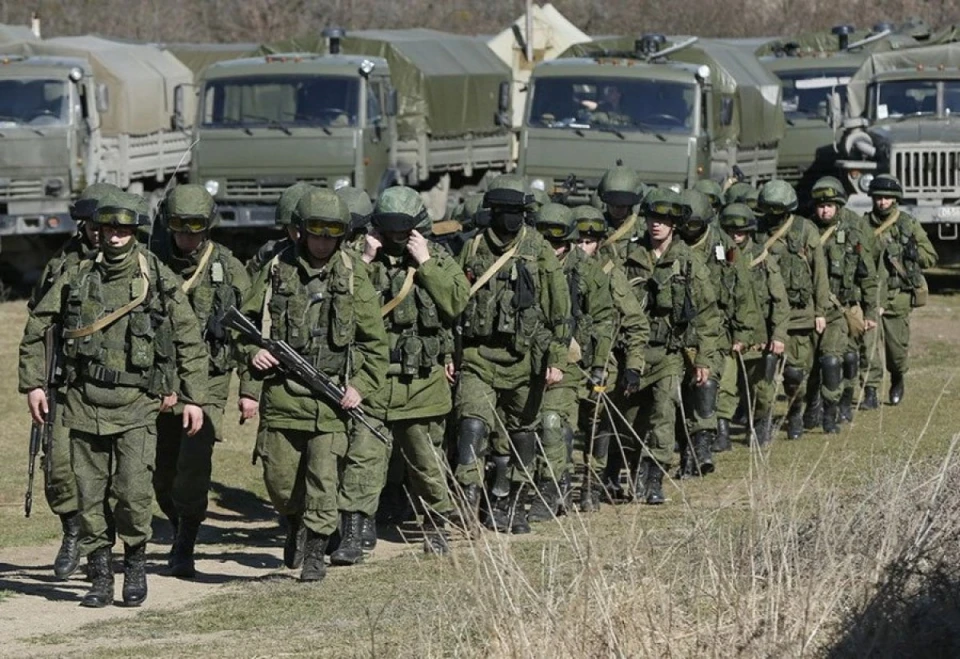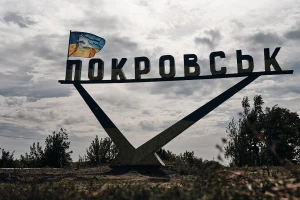
Russian forces have 1.5-2 year plan for frontline movement - Svitan
Military expert, reserve colonel in the Ukrainian Armed Forces, and military pilot-instructor Roman Svitan said that the Russian front will collapse if Ukraine's Defence Forces reach Tokmak
He said this on the Espreso TV channel.
"The Russian forces are trying to drag out the war, that is, until the American presidential election, in fact, until 2025. They have already planned the dynamics of the frontline and army development for 1.5-2 years. But the Russian
forces cannot increase production of certain types of equipment and ammunition. Russia has entered international markets and is trying to buy some ammunition from North Korea, China and Iran. These countries can give Russia only 25-30% of their accumulated ammunition. And this is not a bottomless barrel," Svitan stressed.
The Ukrainian Armed Forces reserve colonel also added that the Russian forces will try to hold the front line in the Kherson, Zaporizhzhia and Donetsk sectors.
"Although the Russian forces are already preparing to deploy another front line if we manage to break through towards the Azov coast. They are preparing to open a defence line along the Donetsk - Volnovakha - Mariupol highway, and the configuration for the collapse of the Russian front in the Zaporizhzhia and Kherson directions is already visible. The Russian army will align the front along the Kupyansk - Svatove - Bakhmut - Donetsk - Volnovakha - Mariupol line. But if we reach Tokmak, the Russian front will collapse," Svitan stressed.
-
On 22 August, ISW reported that Russian troops, especially the 20th and 2nd Combined Arms Armies operating in eastern Ukraine, lack light transport equipment. This prevents them from operating effectively and lowers their morale.
-
In early September, the media reported that Kim Jong Un was planning to visit Putin and discuss the supply of weapons to Russia for the war in Ukraine.
-
Reuters quoted a Western official as saying that Russia could probably increase its artillery production in the next few years to about 2 million shells a year, almost double previous Western expectations, but that this still falls short of Moscow's needs for the war in Ukraine.
- News














































